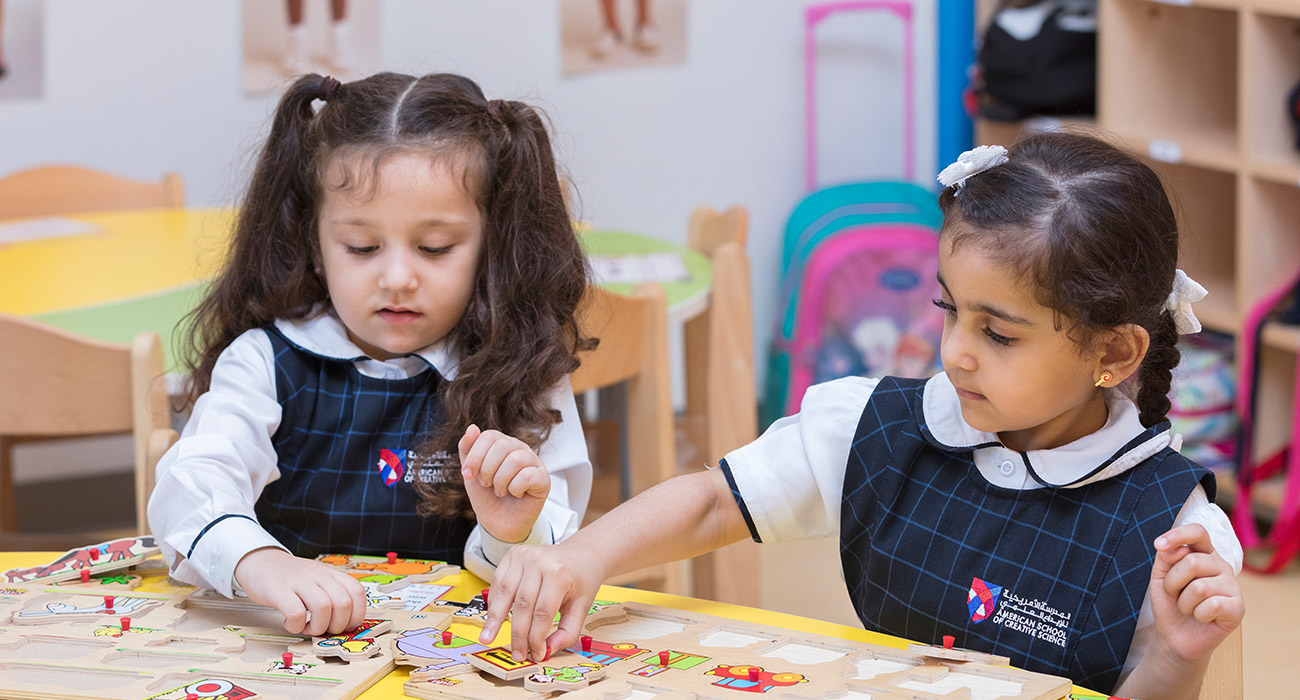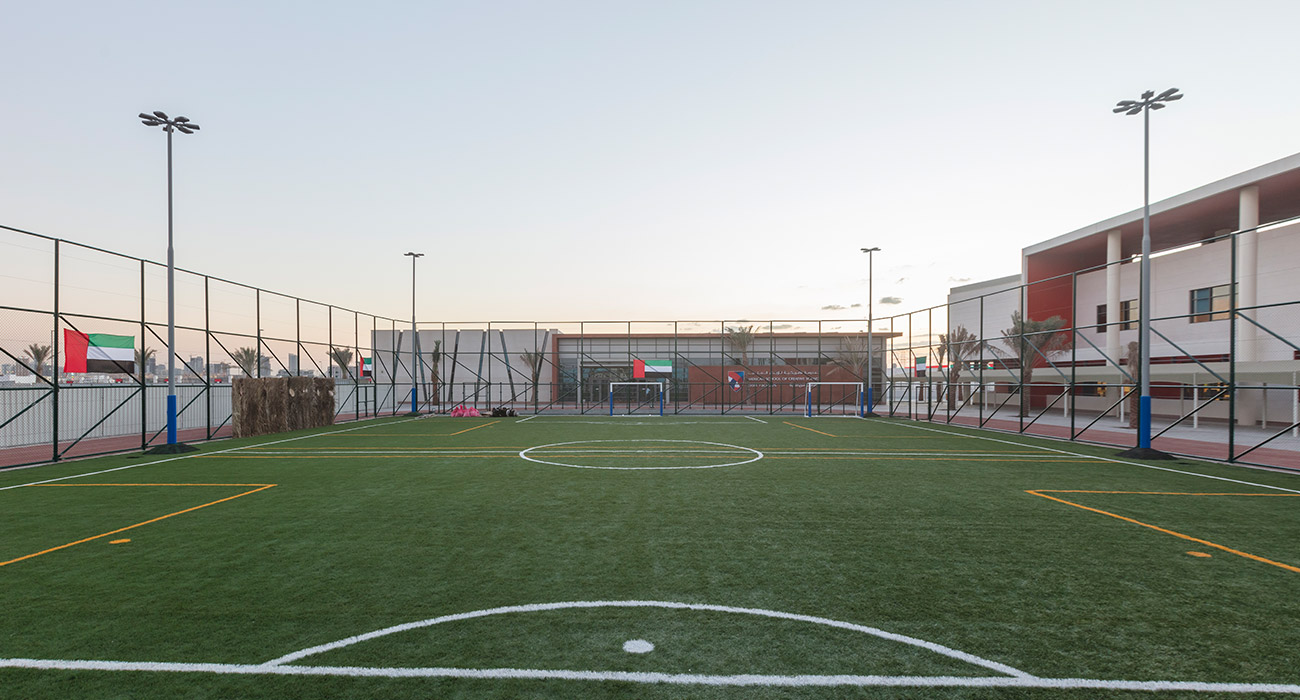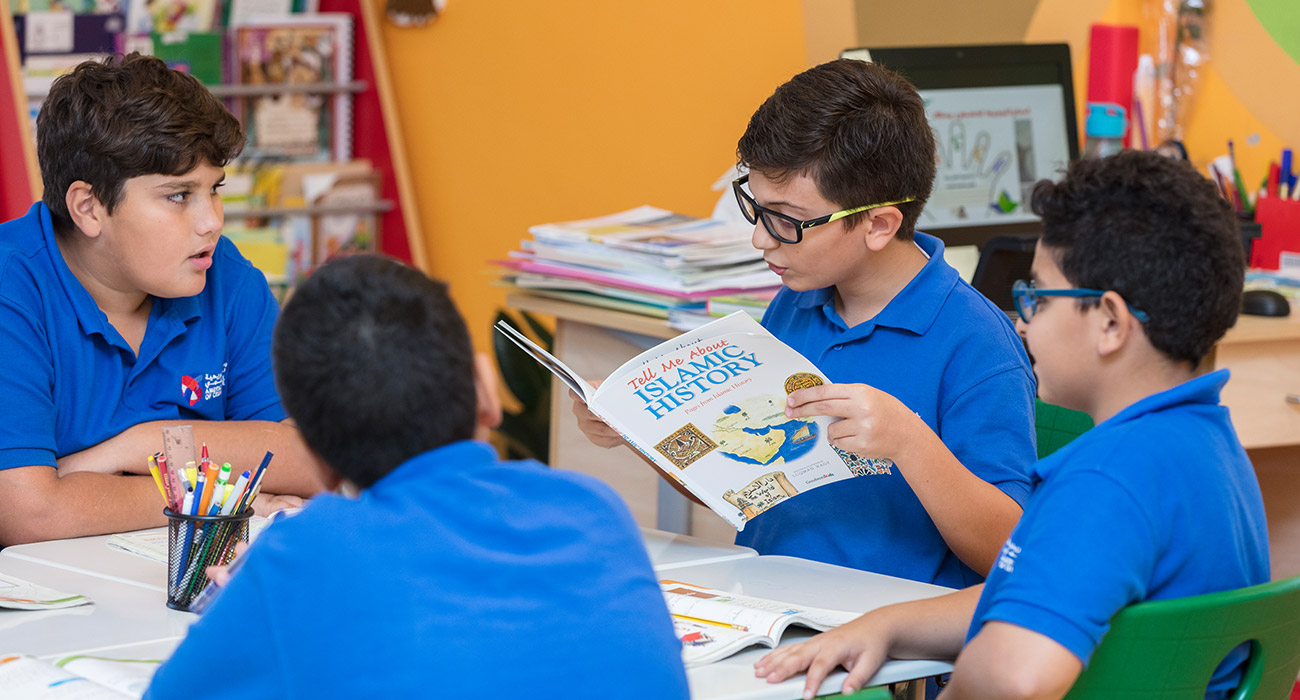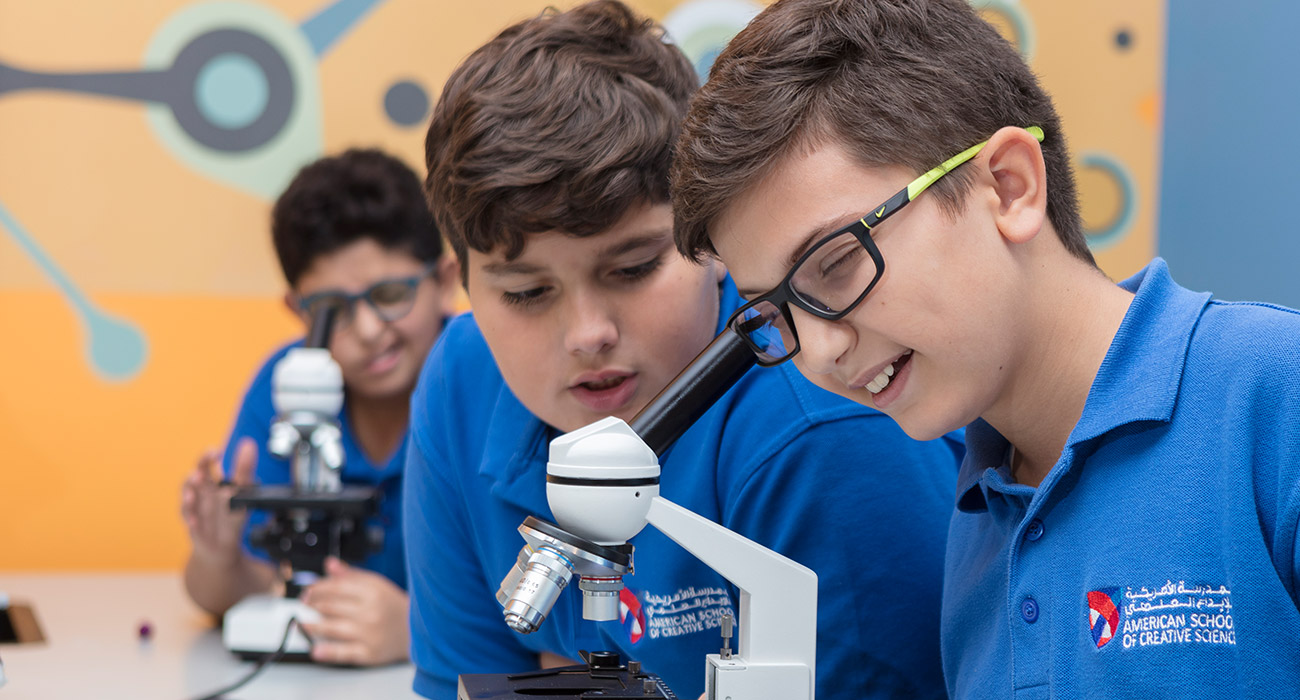
Why we value extra-curricular activities

It takes more than just books and classroom time to educate a child. Learning is a multi-layered process that requires the incorporation of creative, skill-building activities. As one of the best American curriculum schools in Dubai, American School of Creative Science – Nad Al Sheba always aims to produce creative, confident and well-rounded individuals. Extra-curricular activities enrich a child’s learning process while also teaching them valuable life skills like teamwork and perseverance.
We believe that extra-curricular activities can help improve the child’s physical, social, and psychological development. That’s why we use multiple forms of extra-curricular and co-curricular activities. As one of the best American curriculum schools in Dubai, we incorporate educational field trips that allow students to gain exposure and learn outside of a classroom setting. Sports days are arranged to support children’s physical development and allow them to engage in team-building and collaborative exercises.
Our students also enter into various competitions, such as spelling bees, math challenges, and Quran memorization competitions to hone their cognitive skills and make learning fun. These activities also allow students to work towards defined goals and manage the pressure of competitive environments.
At American School of Creative Science – Al Barsha, we hold club meetings for different extra-curricular activities twice a week including volunteer work and media clubs, so that students have a set time for social engagement, creative stimulation, and focused team work. Furthermore, we organize cultural days to exposechildren to the cultures of our diverse student body so that students learn and practice tolerance.
Another reason we include and encourage extra-curricular activities is because they provide multiple advantages to our students, including:
- Creative stimulation: Extra-curricular activities help children express themselves creatively, which may also be a crucial career-building skill, no matter what their future professional trajectory may be. Film clubs, for example, can help educate future directors as well as tomorrow’s CEOs as children learn how to craft a narrative, and work together to complete a complex project.
- Career development: On résumés and university applications, extra-curricular activities clearly demonstrate that a child has multiple abilities and is a team player. Even more importantly, children may discover new interests that they will pursue throughout their lives as well as possible career paths.
- Life skills development: A child will learn a range of life skills by participating in extra-curricular activities, like how to engage in teamwork, to set goals, to prioritize tasks, solve a variety of different types of problems, and manage time efficiently, especially if the activity is competitive.
- Social development: Extra-curricular activities can increase a child’s self-esteem and help develop valuable social skills as well as increase their sense of social responsibility. Activities like volunteer work could also be an opportunity for social engagement while working in a team.




